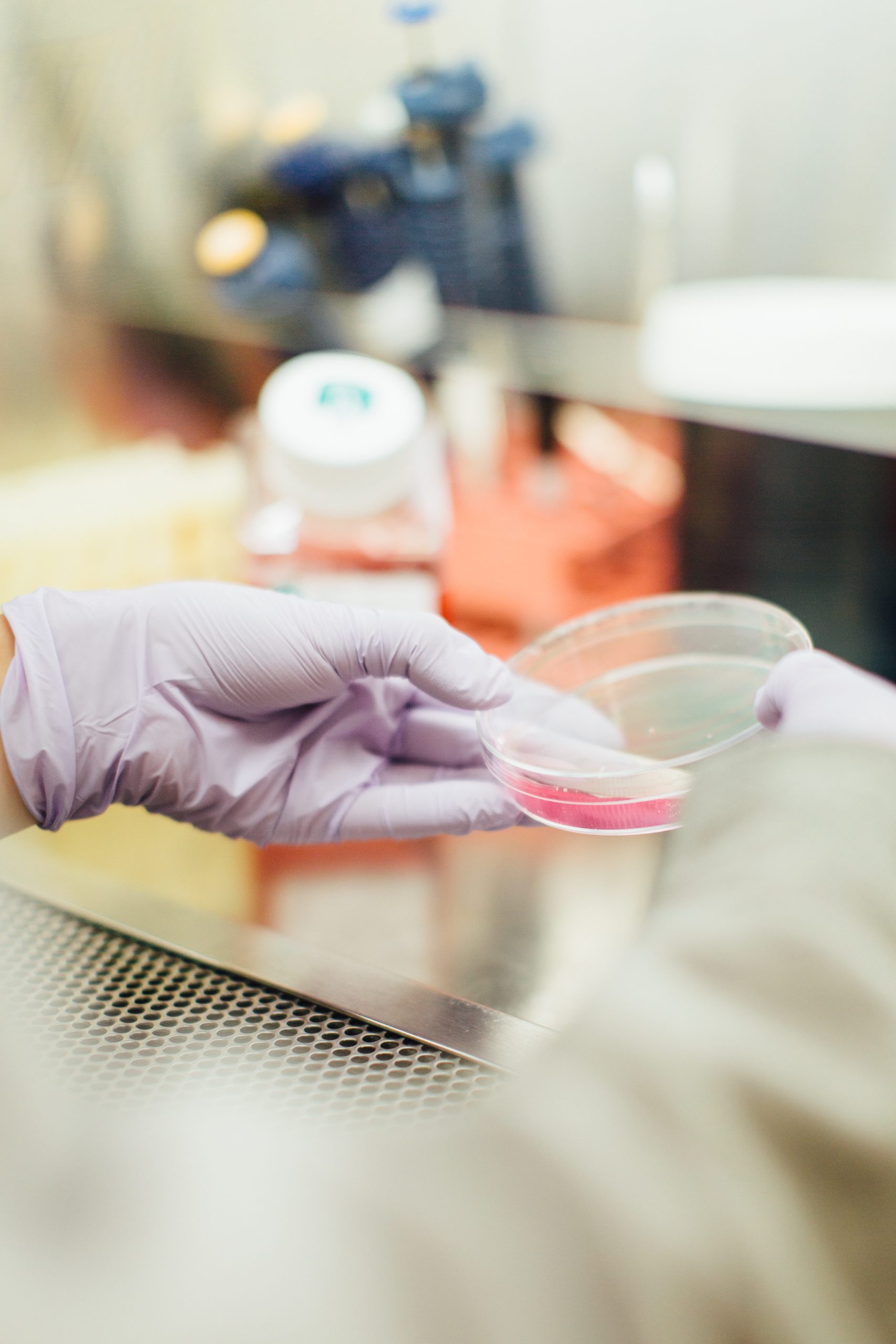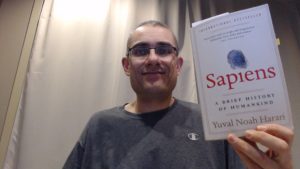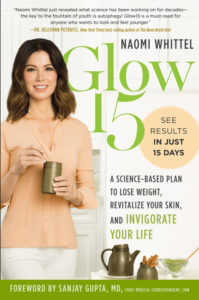I recently attended a Panel discussion on Precision Health hosted by the University of Alberta Alumni Association (I am not a graduate from there, but thankful for the opportunity to be invited and attend)
There were five Panelists representing Oncology, Pharmacy, Living Sciences, Pediatrics and Computer Science. They were all Academics as well as working with the AHS in some capacity, with the exception of the Computer Science representative, who does work closely with Clinicians.
A very interesting discussion. While we are not where I would like Precision or Individualized Health to be (maybe in 10-15 years) it was interesting to see progress being made as well as to hear some of the comments from the panel.
Here are the notes I took in no particular order: (My own commentary are in italics)
- Due to everyone’s unique DNA/ Gene sequencing, no two cancers are alike. Breast cancer in one person is different from another person’s. Two siblings Breast cancer will be unique from each other.
- It appears that Oncology is leading the way in using gene sequencing tumors to be more precise in targeting the tumor and in the type of treatment and dose of treatment.
- The Oncologist stated that the old method of applying cancel drugs was like using “RAT Poison”. (I think we all knew this. I personally prefer to utilize as many strategies as possible to ward off cells becoming cancerous in the first place)
- A small but interesting study was discussed. Two different protocols were used to determine the treatment of a brain tumor. One was using MRI images of the brain tumor in conjunction with knowing if the patient had one of two different genetic markers. The second was the traditional course of drilling a hole into the skull to get a sample of the tumor. It was found that the first method was equally successful in determining the correct course of treatment to pursue as the second. (I find that amazing and obviously less invasive)
- BMI (Body Mass Index) is a good generalist tool to apply to a total population, but totally useless on a personal level without more detailed information about the person. (I think more and more people are becoming aware that the generalist numbers that the Health Industry/ Government provide you are usually meaningless to the individual)
- The World Health Organization has officially classified Sarcopenia (loss of muscle mass) as a disease. (Sadly, too many over 60 year olds do not think they need weight bearing exercises as they age)
- Nutrition and exercise are important for aging and fighting cancer. (Nutrition is actually being mentioned by Doctor’s??? Seriously though, I would have liked further clarification on what type of nutrition they are talking about)
- The increase in computing power in last five years has allowed for efficiency in data crunching and is slowly changing healthcare. (Very, very slowly, but I do see the greatest impact coming from this)
- An acknowledgement from the panelists that utilizing AI (artificial intelligence) has the potential to help people be proactive in their health and thus shrink the customer base (ie. number of patients). This is a conflict with the hospital system and their staffing. (This has been my thought for some time, but glad to see some people in the trenches having this same view)
- Changes to health is driven by economics. Due to Bovine Spongiform Encephalopathy (BSE or Mad Cow Disease) we know more about the heritage, genomes, health and history of every head of cattle than we do about people. (Cattle is even bigger business than the populations health I guess)
- The AHS does not have enough data. People need to be willing to share it.
- AHS has a monopoly on data collection. They are on a collision course with data collected/provided by Apple Health, Fitbit and other devices/ services. Will technologies provide a better, more meaningful user experience than AHS. Many people do not trust the government with their health data and many more people are willing to share data with the technology companies.
- The Pharmacist admitted that up until now the lack of understanding of individual genes and how those genes will react to certain drugs and the metabolism of those drugs has created addicts and contributed to the opiate crisis. (I believe more people are becoming aware of these facts)
- There is a need for new tests and new non-opiate drugs to help treat people for pain. (Hmm, Cannabis in one of its many forms??? Just saying, the research is there)
I guess the big take away is that while progress is being made in Medicine and Health, you cannot wait for the institutions of healthcare to give you the answers or solve all your problems. You need to take your own health into your own hands and be proactive with it. That does not necessarily mean not working with a healthcare professional, but being armed with the data, the research and the willingness to question what is being presented to you.
I would love to discuss any of your health goals with you or hear any of your comments and feedback.





Hey! I just would like to give a huge thumbs up for the good info you might have here on this post. I can be coming back to your weblog for more soon.
Thank you!